
“I love glass in architecture because it creates the illusion of many spaces, reminds us of the magnificent interconnection of the inner and outer worlds, and at the same time “plays” with the boundaries of this thin line that separates the imaginary from the real,” notes landscape and architecture photographer Erieta Attali Living between two countries, Singapore and France, he makes a short stop in Kos and in collaboration with the Ephorate of Antiquities of the Dodecanese presents the exhibition “Archiving Flux/Stasis” at Casa Romana.
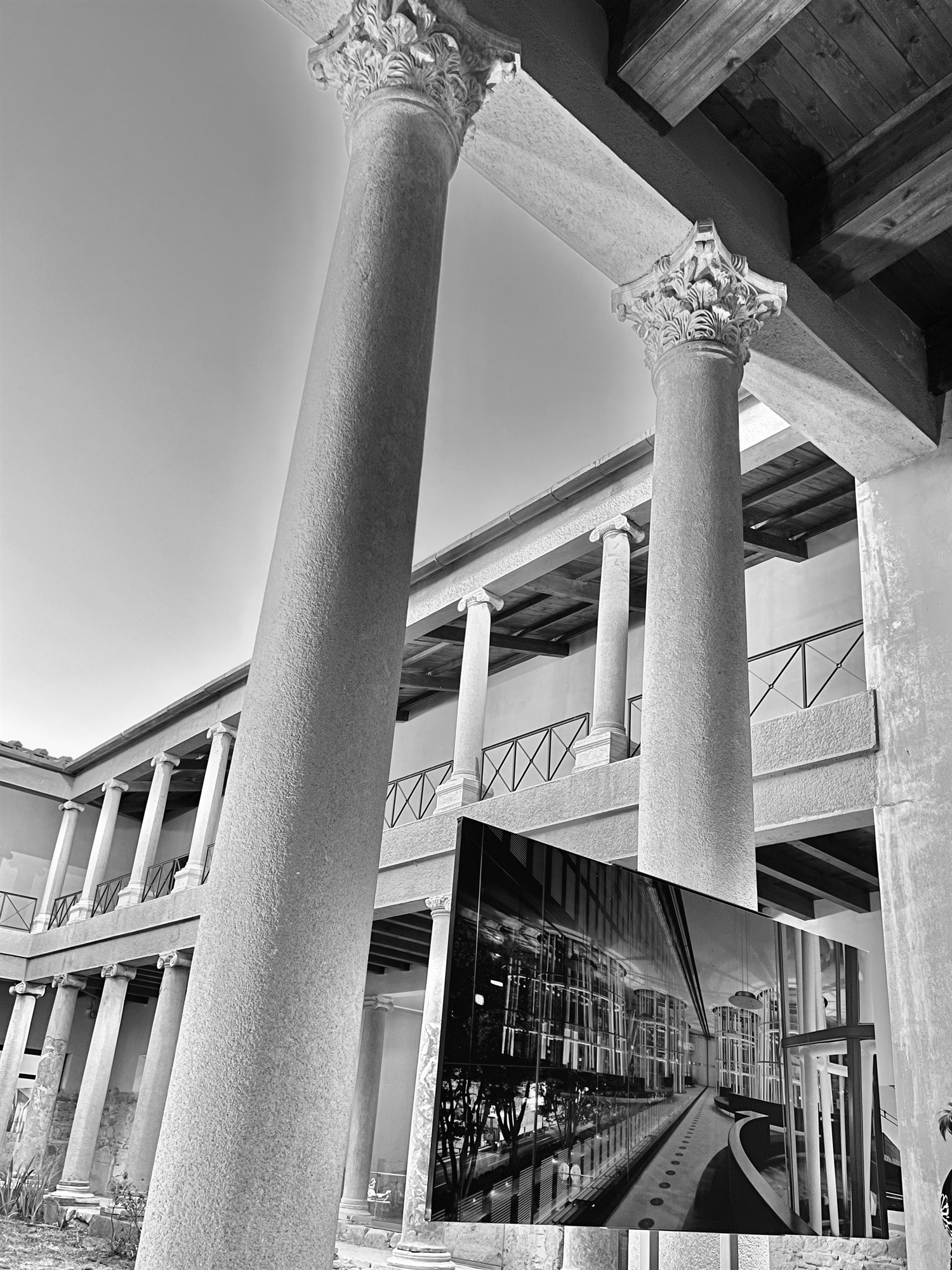
The exhibition, created by the architect and researcher at the Technical University of Munich Tassos Roydis, is divided into two parts. The first part, consisting of 12 large-scale photographs depicting buildings made of glass, is located in the courtyards of a Roman house from the 2nd century AD, where we all know the exceptional qualities of glass as a building material. Architects from five continents (Tadao Ando, Angelo Bucci, Baracco+Wright, Taniguchi, Rafael Vinoli, Toyo Ito, Studio Granda) meet at archaeological sites, recalling the primordial need of man for his dream home, but also highlighting the evolution of the same architecture. “I would never install concrete work in this space.
“I thought of this exhibition as time travel, like being in a time capsule and ‘tearing apart’ different layers of time.”
I thought of this exhibition as a journey through time, as if you were in a time capsule and “burst” through different layers of time, passing through Roman statues, marvelous mosaics and columns, and encountering these contemporary pieces.” In one of the halls, he will also present a photographic exhibition of Singapore’s cityscape. “Singapore, in my opinion, is a representative example of the “city of the future”, and I wanted to see how these futuristic shots stand among the antiquities. I like to recycle images in different contexts.
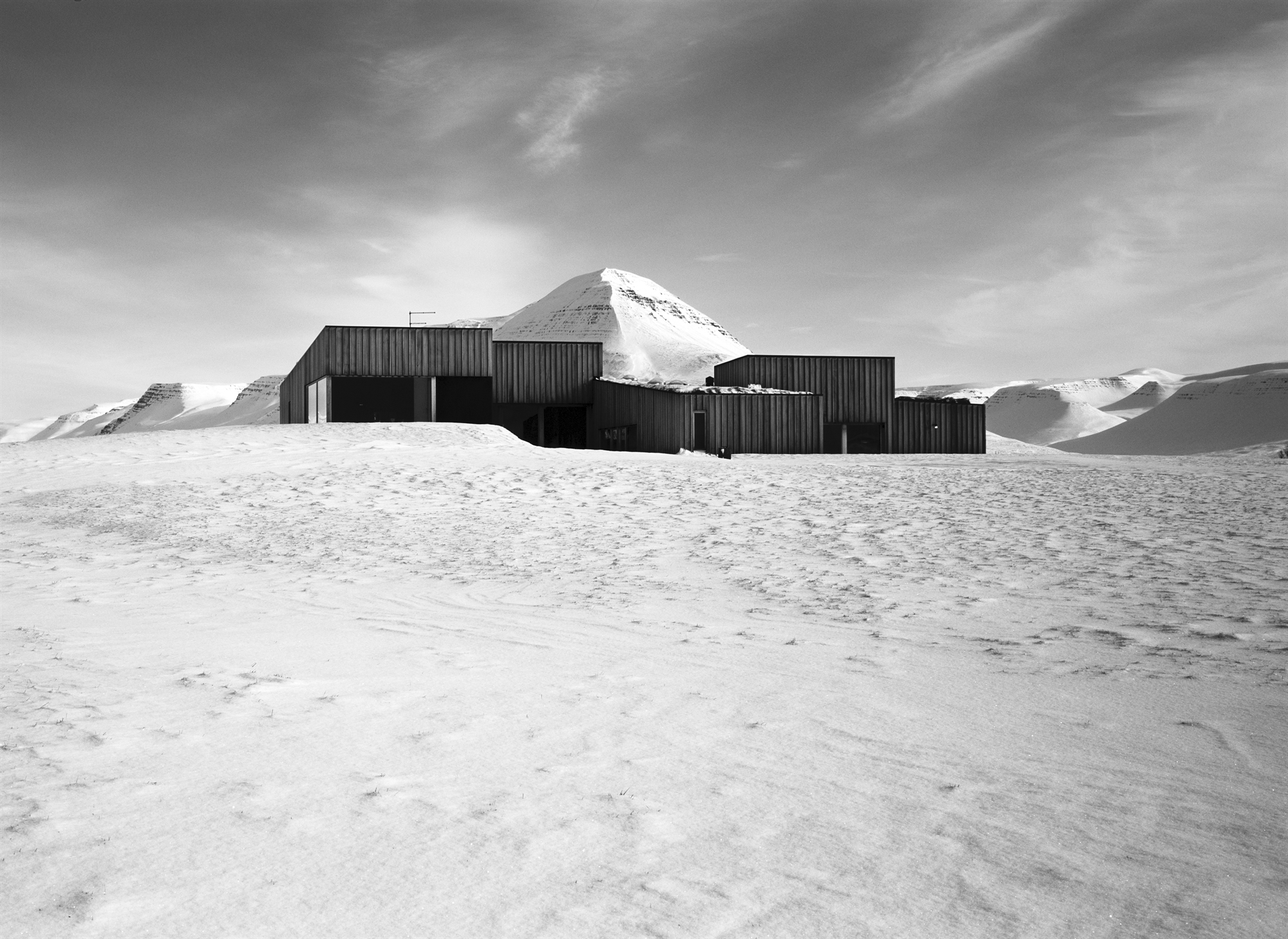
For me, Casa Romana acts as a vantage point for the history of the world, for what has been before, what is happening now, and what will follow. You can reflect on what has already passed, but still defines us, and imagine what will happen next. It is said that photography “freezes” time. So I tried to shake that stereotype and prove that a lens can also expand time in all directions. Back and forth.” He began photographing glass buildings in the fall of 2000 in New York City. that the glass did not “exclude” the landscape from the frame. I started as a photographer of landscapes and antiquities, and with this understanding of the photographic transmission of the continuity of space, I switched to architectural photography.
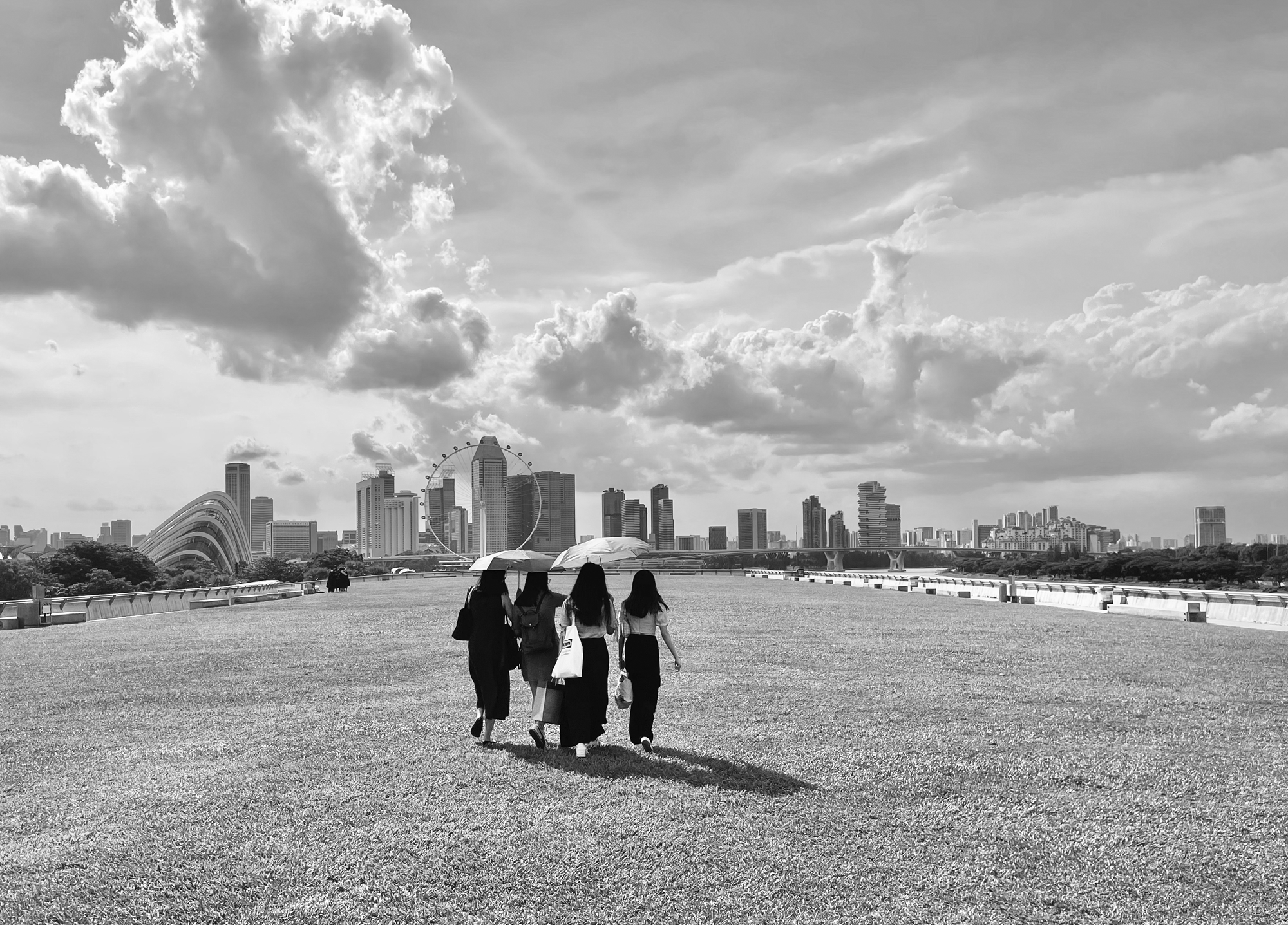
She worked with glass for 12 years before switching her lens to other materials to see how the transparency criterion was met. “I fully accept the philosophy of Kengo Kuma and apply it. Architecture should “sit” in the landscape, and not act as a separate element. I never regard buildings as autonomous units, as structures, but as part of a larger whole. Glass buildings in particular act like a lens and offer you an amazing viewing experience of the environment they are part of. At night, when the darkness consumes them, they disappear, becoming one with the landscape around them. Thus, despite the greatness of architecture, the landscape remains the most important element, far surpassing the architectural gesture.
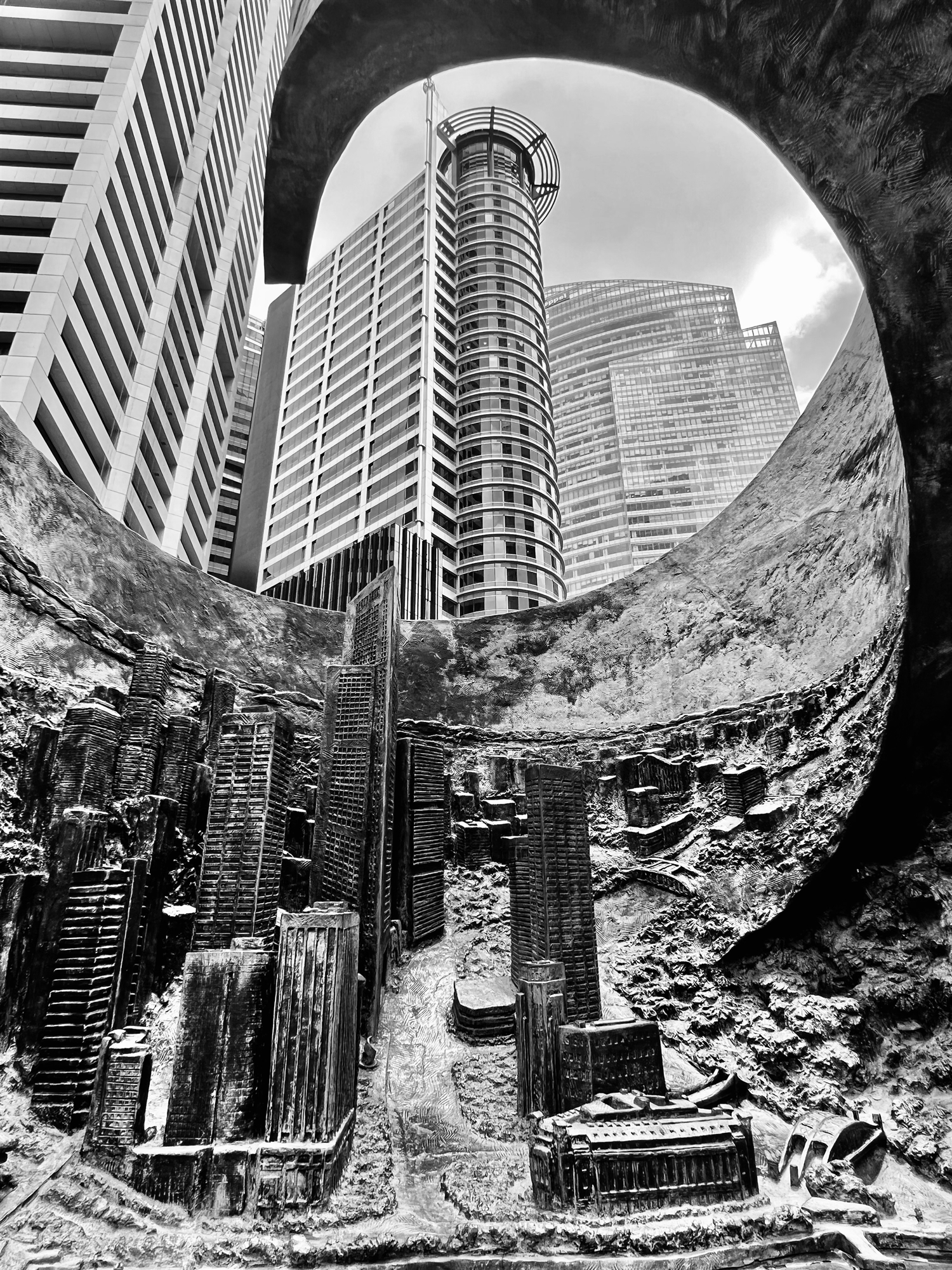

Until 16.10, Roman House (Casa Romana) on Kos, Gregory V, www.erietaattali.com

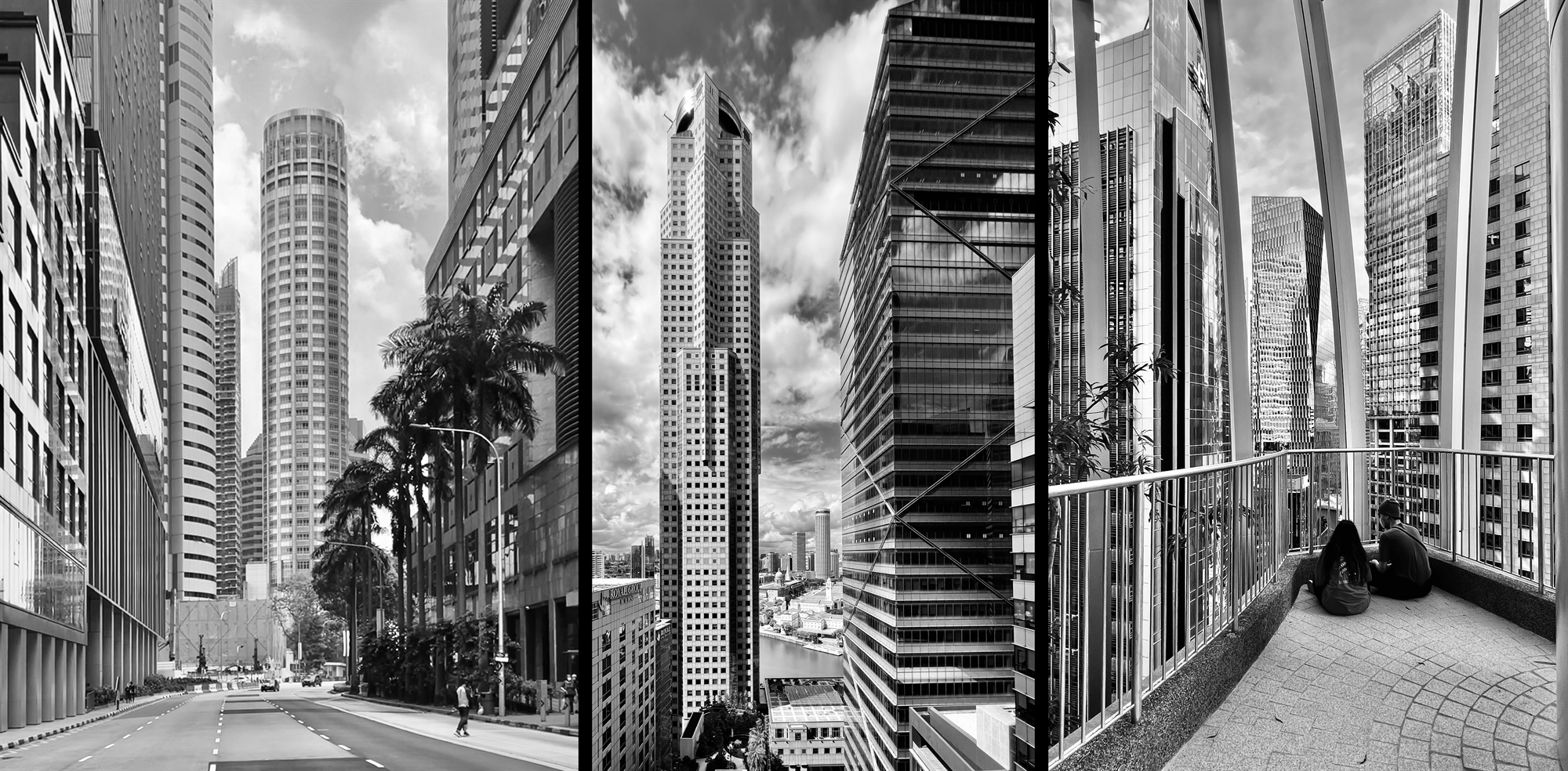
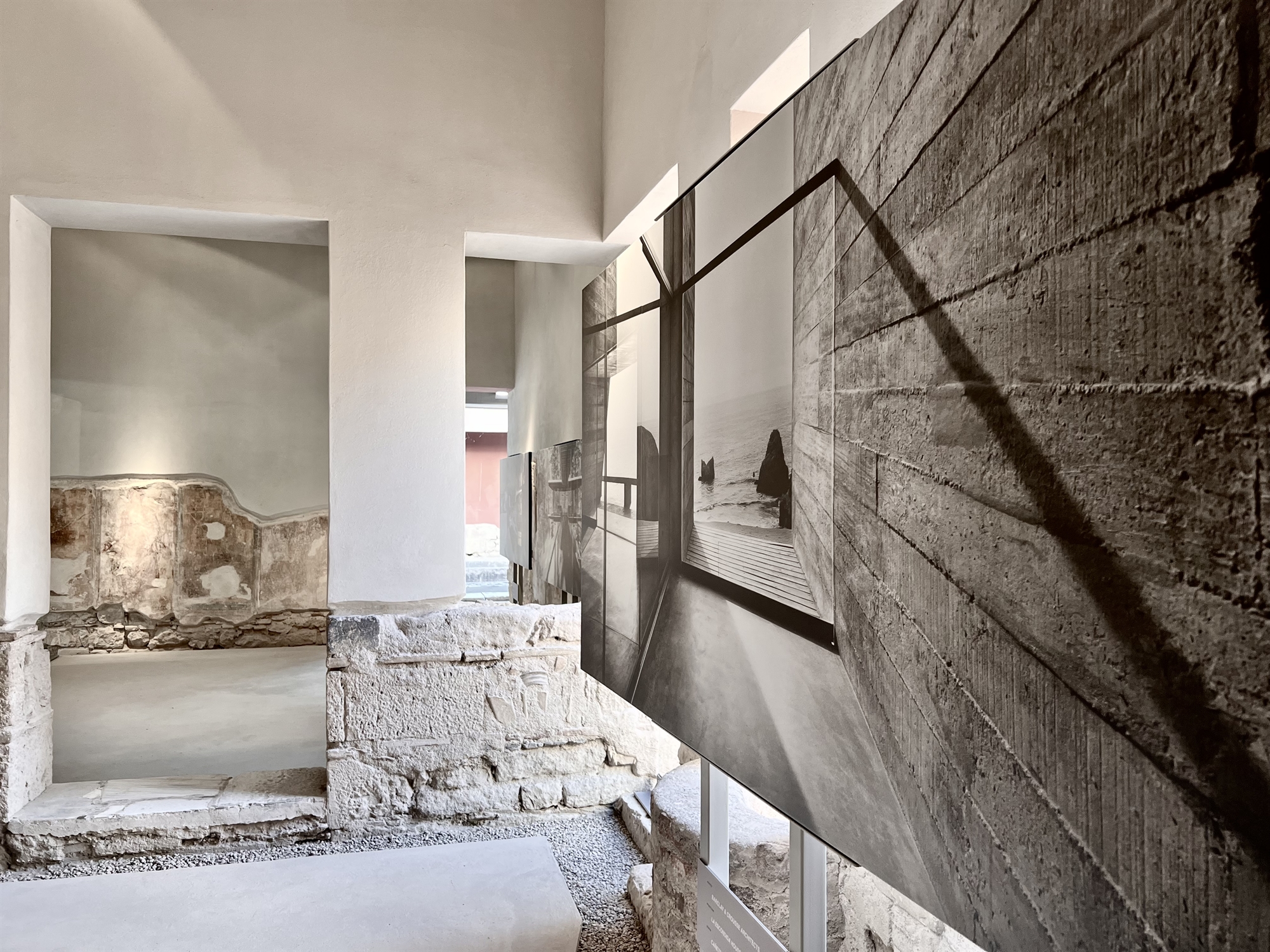
Source: Kathimerini
James Springer is a renowned author and opinion writer, known for his bold and thought-provoking articles on a wide range of topics. He currently works as a writer at 247 news reel, where he uses his unique voice and sharp wit to offer fresh perspectives on current events. His articles are widely read and shared and has earned him a reputation as a talented and insightful writer.